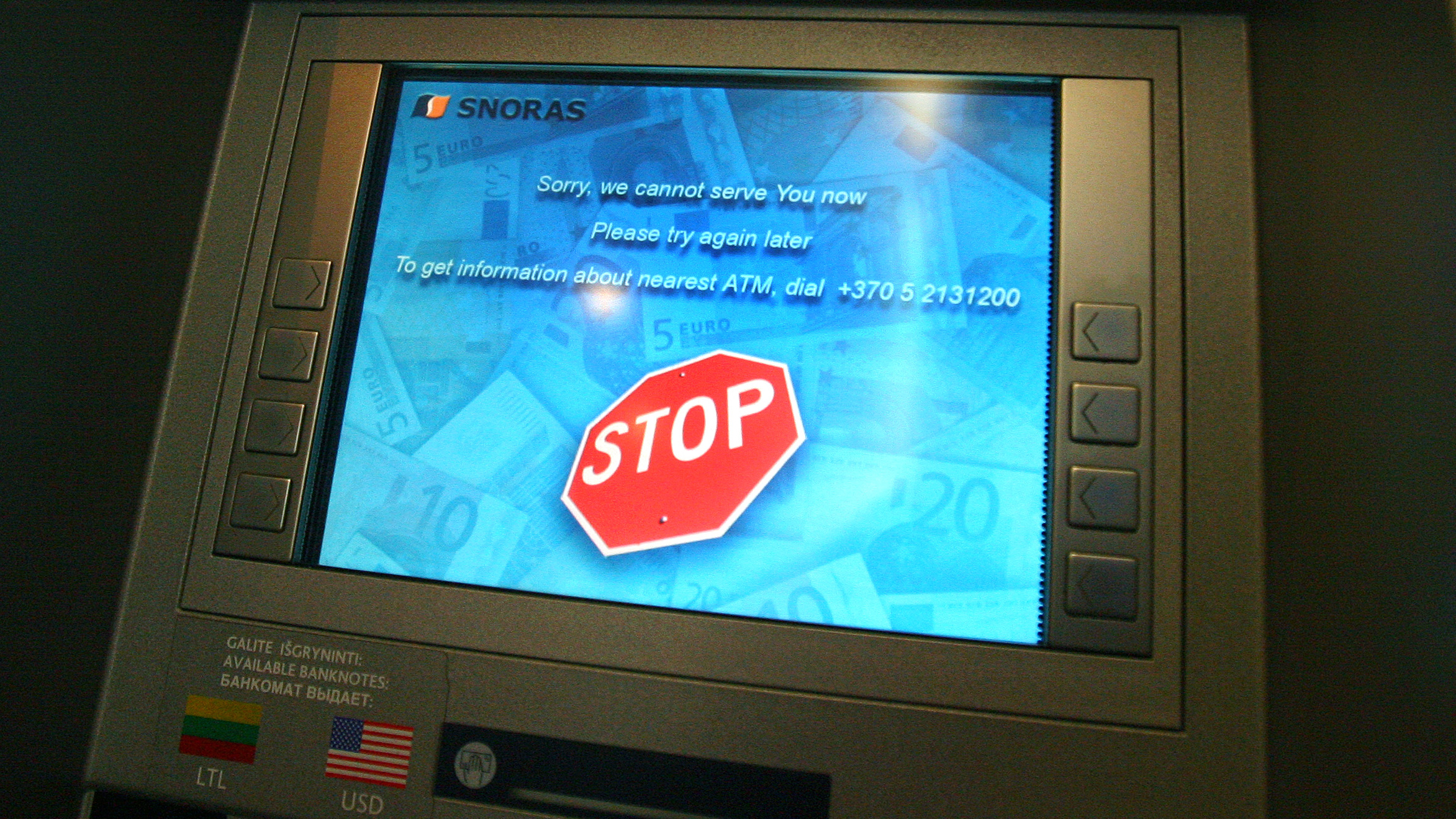
The mass shift to digital financial services during the Covid-19 pandemic has called into question the longevity of ATMs and branches.
As we move from cash to cashless, turbo-charged by the pandemic, there is a fundamental challenge to ATM providers like NCR and Diebold Nixdorf. I had this view back in the 1990s — it’s just taken a quarter of a century to become a reality.
Link, the UK’s largest cash machine network, reported a 38% decline in ATM transactions in 2020, caused in large part by the coronavirus crisis as people moved away from using cash. By contrast, in the US, attempts to steal from ATMs jumped near 150% year-on-year, partly because ATMs that previously held $50,000 were now holding almost double that to deal with the pandemic lockdown and delays in refilling.
On the other hand, cryptocurrencies, particularly Bitcoin, skyrocketed to a valuation more than 10 times higher than the previous year; and now numerous central banks are rushing to implement and issue digital fiat currencies.
What are the implications of the flight from cash and the rise of digital currencies? What will be the impact on banks and bank networks? If cash management disappears, what will banks manage? Will all those ‘holes-in-the-wall’ literally become holes in the wall? What will we do with all that empty space?
Bye-bye ATMs?
Some say that ATMs could become digital branches, allowing cheque and cash deposits, and linking to video agents when service is needed. If that were the case, would any branches be needed at all?
I asked these questions 25 years ago, but that was before the invention of the smartphone. The fact that you can do everything on a smartphone today — even deposit a cheque as a photo — means that you don’t need an ATM to do that.
During the lockdown, one in three UK consumers were refused checkout services because they tried to pay with cash
But, on the other hand, what about all the people who don’t like digital banking and don’t want to deal with machines? Indisputably, cybercrime is rising and it’s estimated that related damage will hit $6tn annually, according to Cybersecurity Ventures, and many customers feel more vulnerable doing things digitally versus physically.
Let’s get digital
The result is that banks try to run a hybrid strategy of both digital and physical services. While banks get lambasted for closing branches and retailers get flack for refusing to accept cash, these trends are inevitable and ongoing.
We will see branches and cash disappear. During the lockdown, one in three UK consumers were refused checkout services because they tried to pay with cash. At the same time, UK banks closed more than 6,000 ATMs — a 10% reduction to 54,300.
The world has been forced to move from physical to digital. Banks are now pivoting rapidly to keep up: shuttering more branches, reducing ATM and cash management operations, moving to the cloud, and focusing on work and service from home.
But the customers have not changed and pivoted at the same pace. We may like to think they have — that they don’t like cash anymore — yet I guarantee that when this shutdown ends, everyone will be asking what happened to their ATM, their branch, their branch manager and their favourite teller.
It is the issue that has plagued our industry for all time: we want to distribute and operate at lower cost, while continuing to serve the most legacy of customers.
This has to change, as incumbent banks cannot compete with banks built in the 21st century if they continue to service and operate for 20th century customers. Shut down those ATMs, close cash management operations, get rid of cheques and paper, eradicate bills of lading and letters of credit, and decimate anything involving a wet signature. Switch it all to an app and an application programming interface, or be left behind.
Chris Skinner is an independent financial commentator and chairman of the London-based Financial Services Club.


